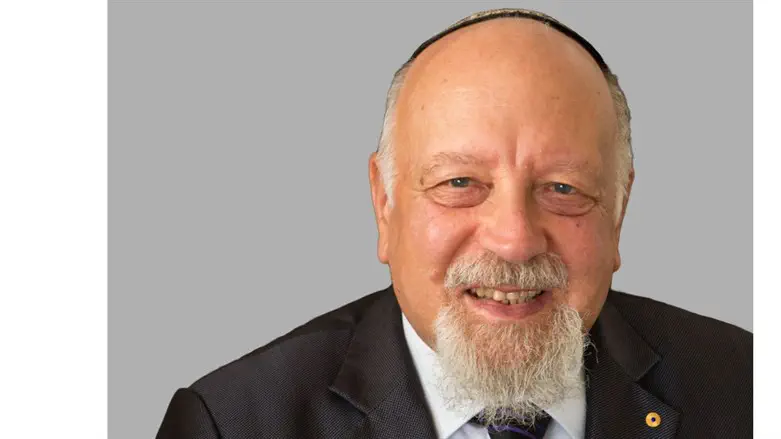
The Torah readings at this time of year are full of details about constructing the Tabernacle in the wilderness. This makes it appropriate this week to look at synagogues, the lineal descendant of the ancient Tabernacle.
Synagogues are a paradox. On the one hand, members often pride themselves on how handsome their synagogue is, how good the preacher and cantor are, how attractive the activities program is.
On the other hand, synagogues constantly upset their congregants: the rabbi is not always people-friendly, the cantor thinks people have all day to sit at services, the activities focus on sports and hobbies and don’t make people more spiritual.
Congregants don’t always realise that the synagogue, especially in the Diaspora, has to be the centre of people’s Jewishness, a "Bet Ha’am" (House of the People) in addition to being a "Bet T'fillah" (a House of Prayer) and a "Bet Midrash" (a House of Study). The rabbi has to cater for all the varied expectations of a diverse congregation in which some want kosher cookery lessons and some want a spiritual uplift.
For my part the top priority should be making and using the synagogue as a place for thinking, a place where people gather in order to think through their Jewishness, to find God, the Torah and themselves. Sermons, melodies and congregational programs are all a means to that end.
UNSPELLED-OUT INFLUENCE
Strangely, the name of Moses does not figure in this sidra.
No "The Lord spoke to Moses". No "And Moses went, stood, said, made, did".
As the Ba’al HaTurim points out, it’s the only section of the Torah after his birth that does not mention Moses by name, though there is a hint of his existence and task in the opening word, "v’attah" – "and you" (Ex. 27:20). As we move into Chapter 28 there are more instances of the same phenomenon.
Explanations include the co-incidence that this week happens to be Moses’s Yahrzeit, 7 Adar. The Ba’al HaTurim links the omission with Moses’s call to God, "If You won’t forgive the people’s sin, erase my name from Your Book" (Ex. 32:32).
Another place where we would expect Moses’s name but don’t get it is the Haggadah of Pesach.
There must be a deliberate policy behind these omissions. Possibly it is to prevent the rise of a Moses-cult.
Even so – as with the beginning of B’reshit when the Torah says "The spirit of God hovered over the waters" (Gen. 1:2) – the spirit of Moses hovers all over the Torah. One can’t understand or appreciate the Torah without the (sometimes unspelled-out) thought of the great leader.
Similarly, all of us lesser individuals know that who we are and what makes us can’t be understood or appreciated without our background and personal history.
Even if it isn’t spelled out, its influence hovers over our deeds.
Rabbi Dr. Raymond Apple, AO RFD, is Emeritus Rabbi of the Great Synagogue, Sydney. He is now retired and lives in Jerusalem, where he publishes OzTorah, a weekly email list and website with Torah insights from an Australian perspective..